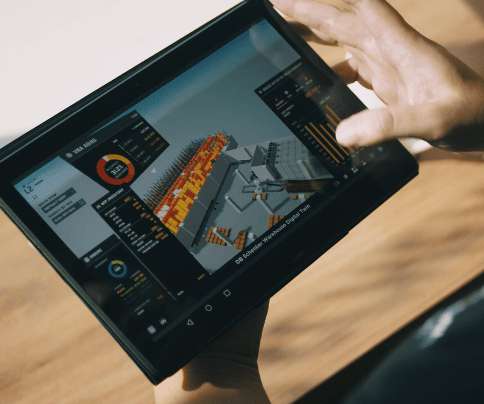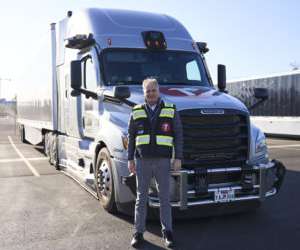DB Schenker – Singapore: A Vital Node in Singapore’s Logistics Ecosystem
The Logistics & Supply Chain Management Society
NOVEMBER 15, 2021
DB Schenker Singapore has also cemented the position as a key pillar in Singapore’s logistics ecosystem, being the number one air exporter (for freight forwarding) and attaining market leadership in ocean freight as well. DB Group has set ambitious targets to reduce specific CO2 emission by 50% by 2030 compared to 2006.















Let's personalize your content